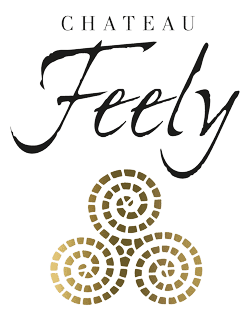Proliferation of environmental terms in wine – confusion for consumers
Standard question when I walk into a wine store or restaurant.
‘Do you have any organic wine?’
‘Yes; plenty. This one and this one and this one.’
‘Why is there no organic sign on the bottle?’
‘Well they aren’t certified organic but they are lutte raisonnee, they just spray if they need to.’
or one I heard recently –
‘They are HVE, which is better than organic.’
Hold on a second. I just have to take 10 deep breaths to avoid offering a violent response.
‘Lutte raisonnee‘ is not organic. It means the farmer thinks before spraying systemic chemicals, they assess the situation and then decide what and how much to use rather than doing the maximum dose recommended by the manufacturer or their local sales person.
We should expect all farmers to think before they spray highly toxic systemic chemicals on their farm. ‘Lutte raisonee’ is the minimum.
HVE, or ‘Haute Valeur Environmentale’, a new certification created by the French government, is a little better than ‘lutte raisonée’ but still allows use of systemics. Under both ‘lutte raisonée’ and ‘HVE’ farmers can still use systemic pesticides that are carcinogenic, nervous system disruptors and endocrine disruptors.
HVE does offer a wider environmental picture than just pesticides and includes four main elements of evaluation: biodiversity, phytosanitaires (pesticides including fungicides, insecticides and herbicides), fertilisation and water management. Despite its nice sounding name it allows a farmer to continue using chemical fertilisers and systemic pesticides.
While on the subject of organic – the farmers that say they are organic but not certified are not doing any of us any favours. They are adding to the confusion. Don’t accept that tosh. Read my reasons to choose certified organic wine here and then follow it with my analysis of why you should definitely question someone who says they are organic but not certified .
Please, to all the wine professionals and wine lovers out there,-
- If a vineyard is organic they are certified so we know they are (or they are not organic).
- Please don’t confuse ‘lutte raisonée’ and ‘HVE’ (Haute Valeur Environmentale) with certified organic.
Chateau Feely is proud to celebrate 11 years certified organic. We know the commitment required to get to this milestone and how important it is for consumers. Please don’t accept the cop out of ‘we’re organic but not certified’ or ‘we’re sustainable and that’s better than organic’ – demand the fine details and ask why they are not certified organic if they really are ‘organic’ or ‘better than organic’.
For more details on why choose certified organic see these recent articles on Chateau Feely’s blog:
- Latour certified organic + cost of organic certification versus the premium for being certified organic
- How to tell if a wine is organic or not
- What pesticides taste like – signature aromas and flavours in conventional wines
- What the sulfite?!? Sulfites in wine – why you should care and what it is
- Why choose organic anything but especially wine
Come and learn more about organic farming with a visit to Chateau Feely in South West France ; stay with us or do a multi day course or multi day tour .
Grape Expectations: A Family’s Vineyard Adventure in France (Caro Feely Book 1). The series offers a ‘warts and all’ exposé of what its like running a vineyard and wine business and life on a vineyard. Read the second Saving Our Skins: Building a Vineyard Dream in France (The Caro Feely book 2 Wine Collection)
and the third Glass Half Full: The Ups and Downs of Vineyard Life in France (Caro Feely Book 3)
.
Join our mailing list to receive our seasonal newsletter, events, wine pairing, recipes and more info on this topic at the bottom right of this page.









